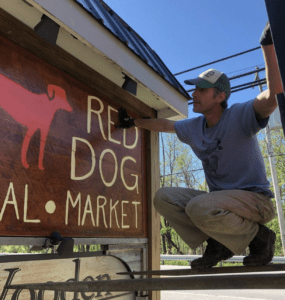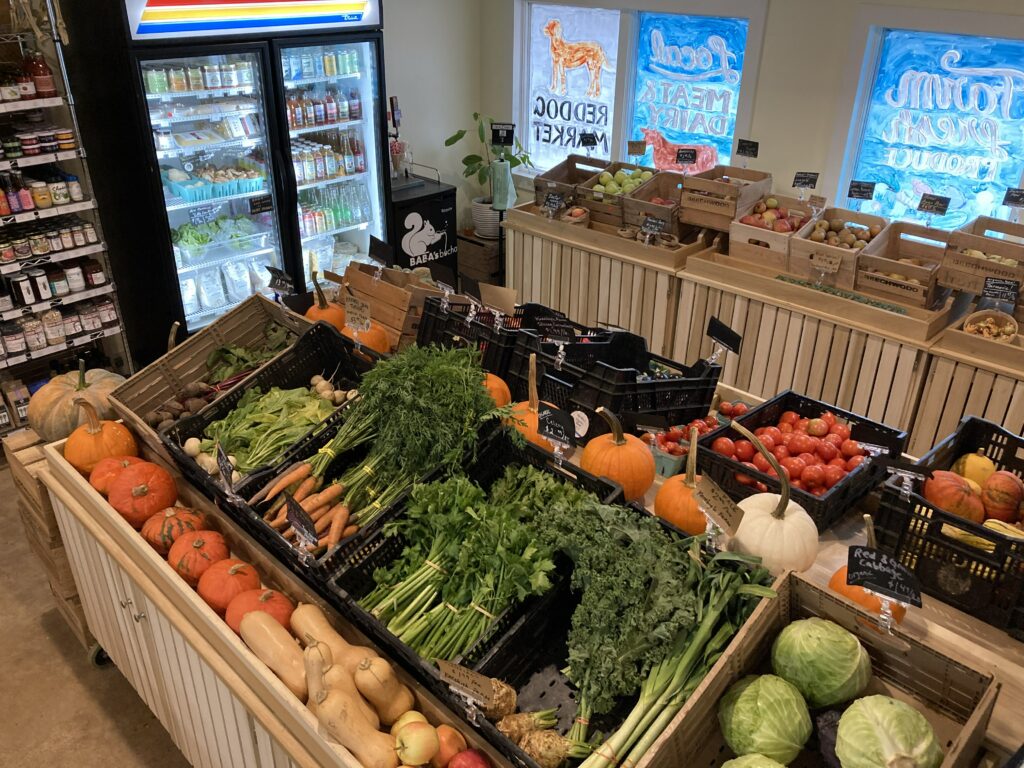Pasa’s Aaron de Long is headed abroad as a Nuffield International Scholar to research how small farms and shorter supply chains fit into the future of our food system. It’s probably not a coincidence that he’s also working on these issues in a very real way much closer to home. We’re excited to share stories from his research and travels in the coming months.

I was inspired to join Pasa, after a decade of farming, in order to help the type of farms I believed in succeed. Of course, for a business, success is measured in profitability. But the reality is that agriculture that is not supporting the health of our water, air, and earth, is ultimately a dead end for humanity. In the same sense, agriculture that is based in dispossession and exploitation might be able to feed the stomach, but it ultimately starves the soul.
Over my six years of work with Pasa I have found many farms in our network that are succeeding on the triple bottom line that’s at the heart of our mission: being economically profitable as well as ecologically and socially regenerative. But they are not as abundant as we might like to think, and many of them struggle to survive year to year.
In late 2020, I applied to the Nuffield International Farming Scholar program. At the time of my application, the pandemic was revealing the value of small farms across the planet, as global supply chains broke down and many staple foods became difficult to source. The question arose for me: If, in a time of crisis, local food systems shine, shouldn’t they then be seen as the essential cornerstone of any larger food system?
My Nuffield application was accepted, but my project was delayed due to ongoing travel restrictions. In the meantime, my wife Emma and I opened Red Dog Market near our home in Pottstown, Pennsylvania. Our market sources from local growers (including our own farm) and artisans to create a hyper-local, full-diet grocery for our community. Launching this new business has shifted my research question beyond theory, and into a realm with real, and very personal stakes.

Now, in 2022, with travel restrictions easing, I’m heading to the United Kingdom for Nuffield’s farming conference to officially begin my research visiting farms in that region. In the coming months, I look forward to sharing about my research and travels as I work to answer the questions: Can shorter, local supply chains grow more resilient food systems? Can small, regenerative farms be the future of food? And, a harder question, should they be?